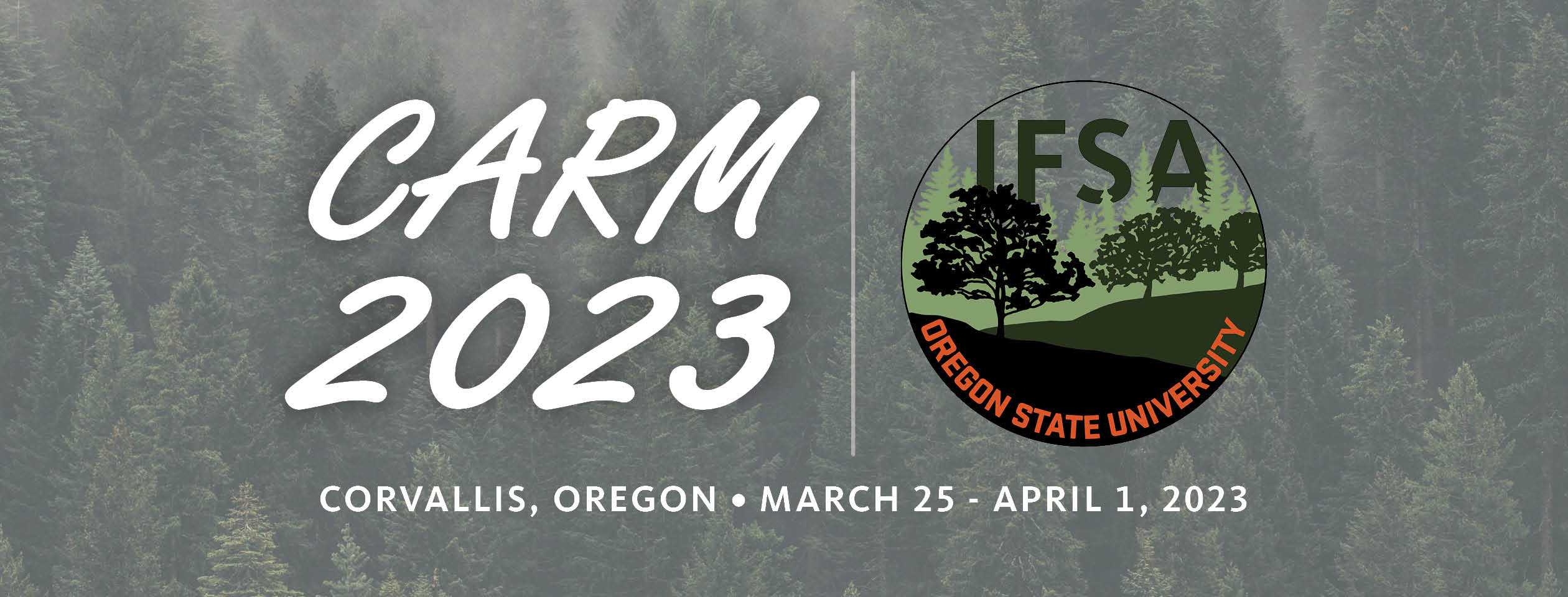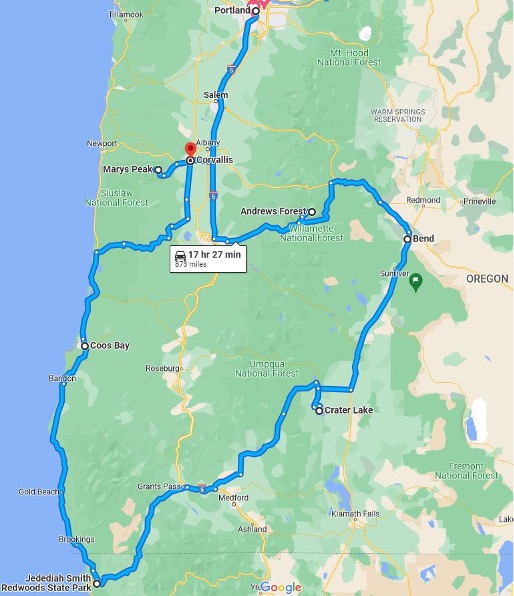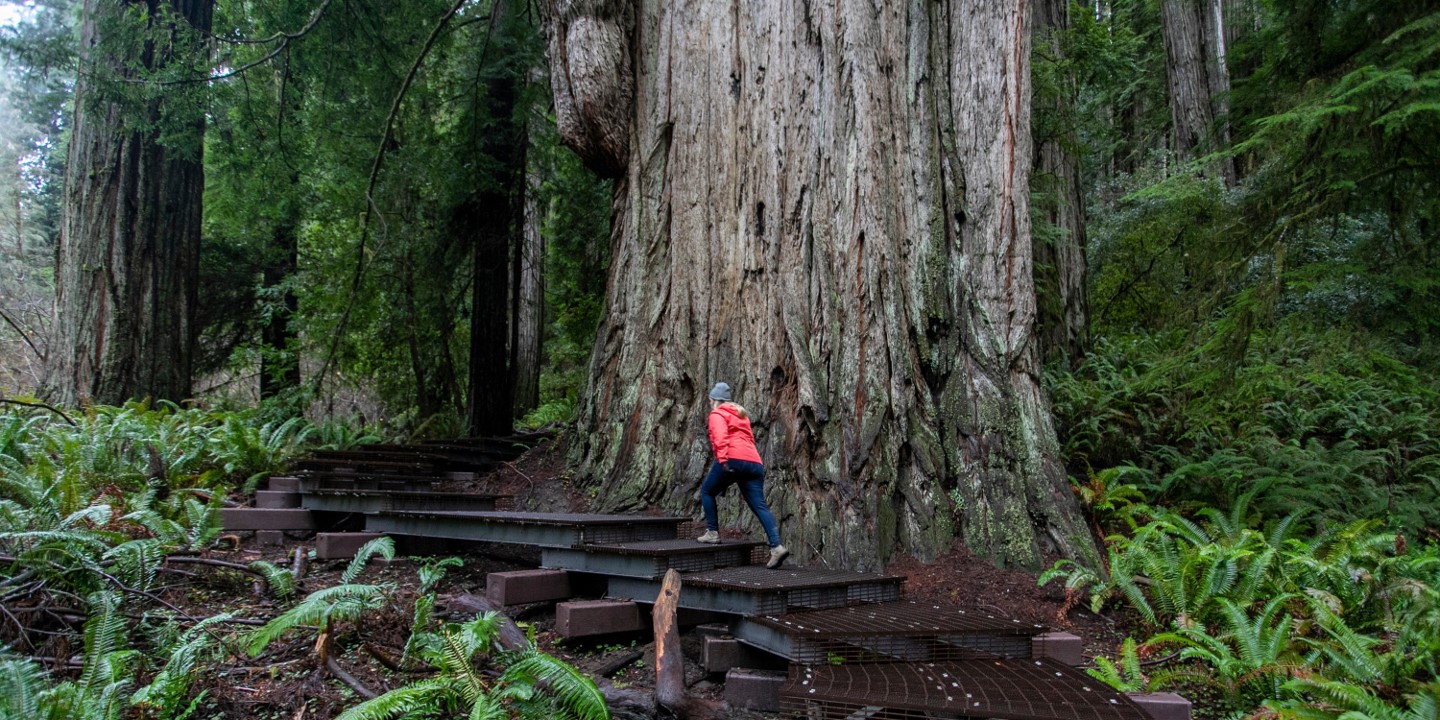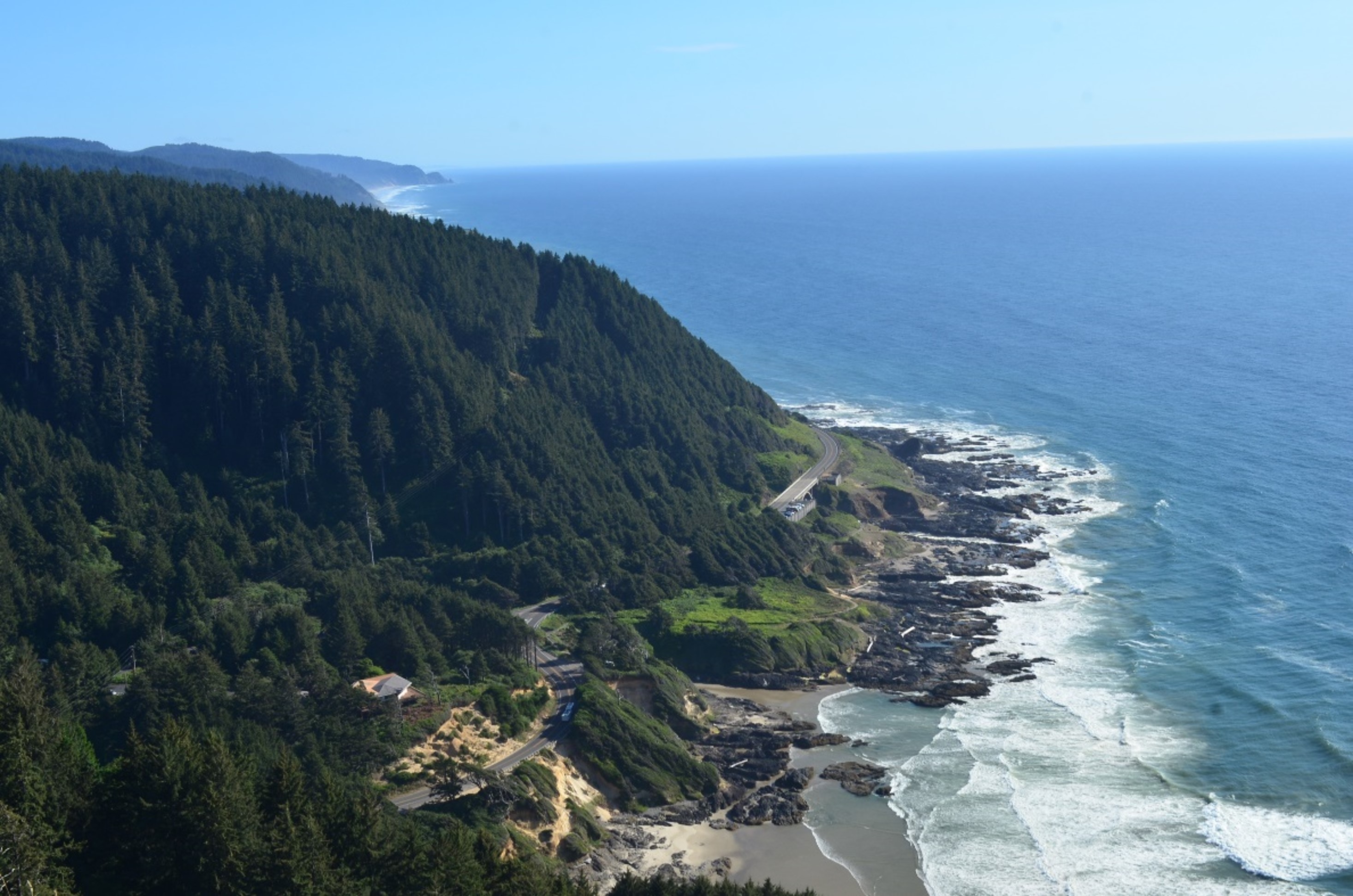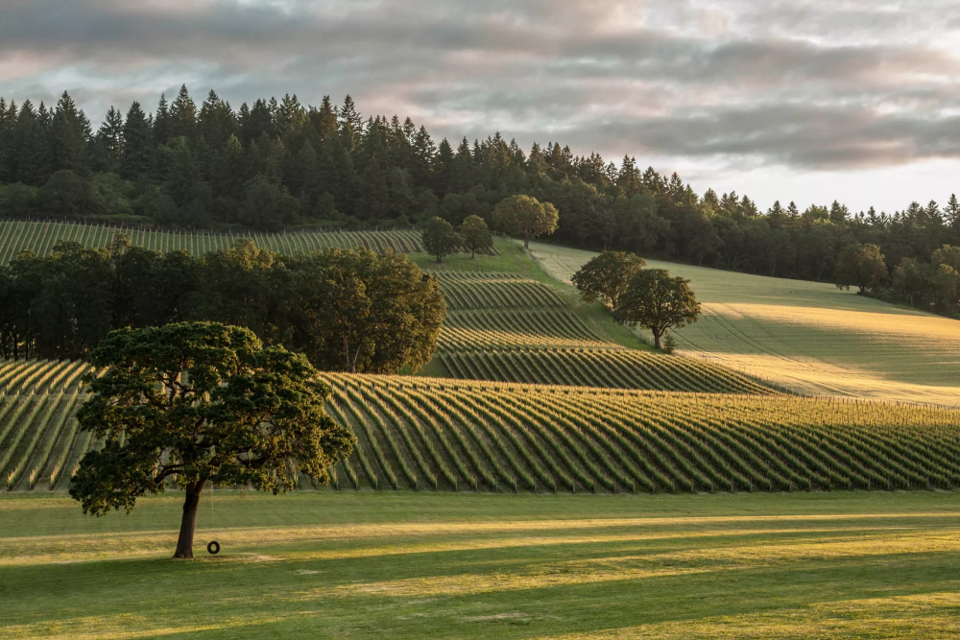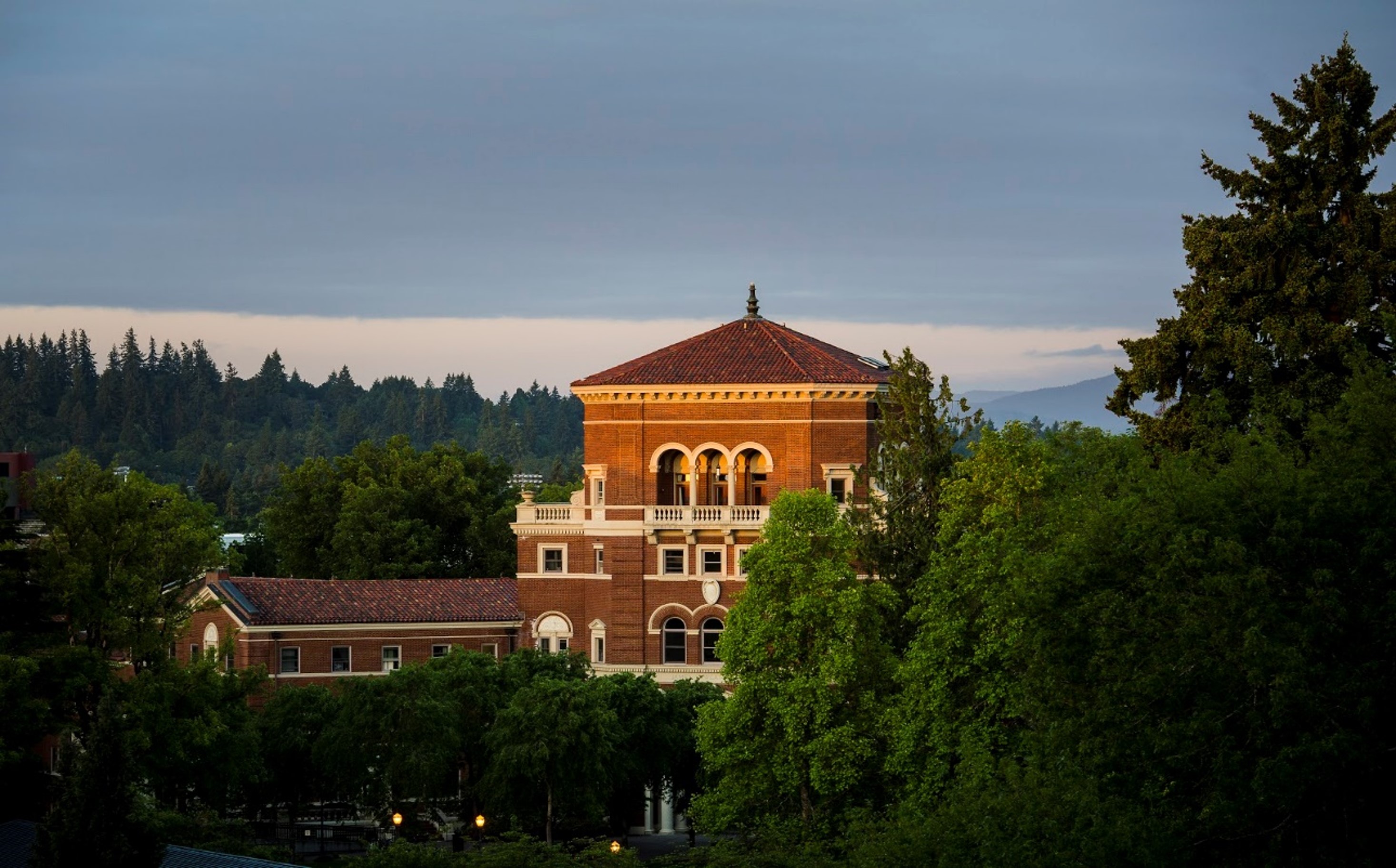2023 Canadian-American Regional Meeting - IFSA North America
Hosting University: Oregon State University, Corvallis, Oregon, USA.
Dates: Saturday, March 25th to Saturday, April 1st, 2023 (OSU Spring break).
Objectives: Strengthen student network across the region. Complement forestry higher education. Discuss relevant forestry issues with a collaborative and global perspective. Recruitment, development, and leadership within our organization. Networking with fellow students, companies, and public agencies.
The mission of this event is to gather future scientists and forest managers to discuss the pressing issues facing our North American forests. We believe that by taking a community approach, we can address many of the problems associated with forest management. Our goal through this event is to bring together forestry students from across IFSA’s Northern America region to brainstorm various possibilities and solutions for managing North America’s forest cover in the face of climate change and other matters causing forest fragmentation, deforestation, and habitat loss. We also hope to discuss fresh ways of approaching natural resource conflicts and ways of altering current management to fit with a more holistic and sustainable future. We also wish to provide a space for IFSA students to make connections and friendships. We hope that attendees will leave feeling energized and inspired, with new ideas to take back to their respective campuses and fields of study. We also hope to provide training and resources to strengthen existing IFSA LCs and empower new chapters to get started.
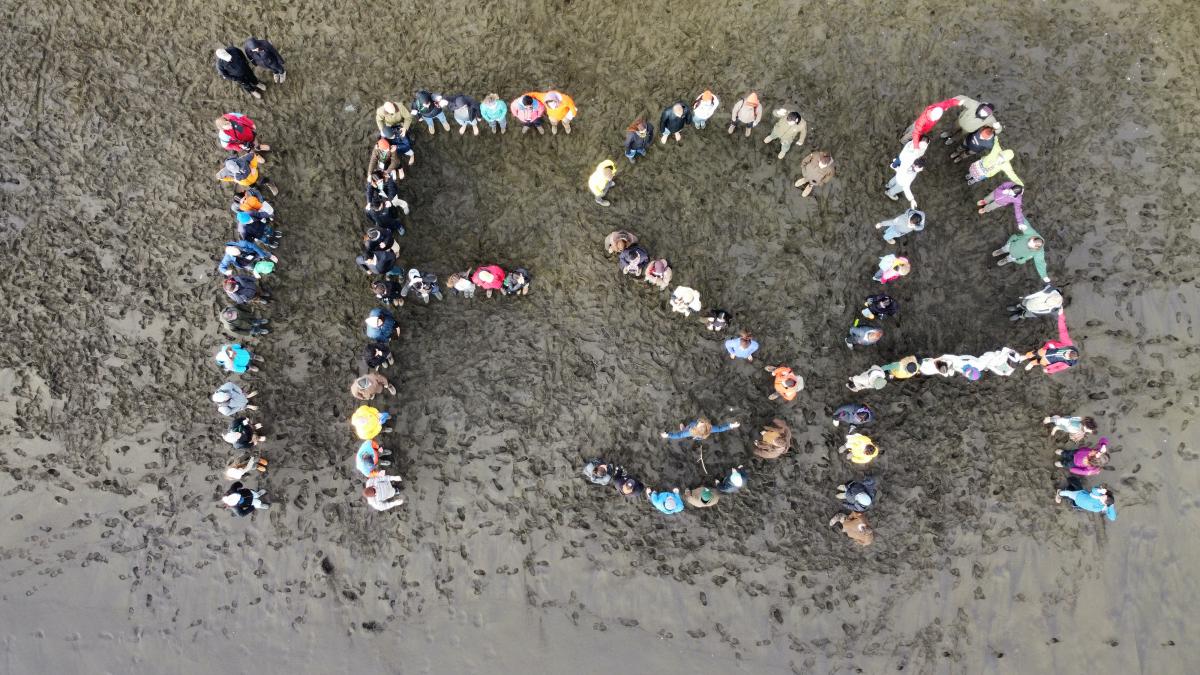
Oregon State University IFSA Local Committee (LC) is excited and well-equipped to host the 2023 Canadian-American Regional Meeting (CARM). OSU possesses a unique set of experiences, perspectives, and resources that we will use to spark dialogue among the IFSA North America network and create meaningful educational opportunities.
OSU was ranked as the second-best school for forestry in the world in the 2017 Center for World University Rankings because of the diverse and abundant experiences, resources, and opportunities available within our college and region. As a global leader in forestry education, situated in a state full of productive and diverse forests, OSU offers a space to engage in critical thinking about the current condition of North American forestry as well as future innovative policies and projects.
OSU’s College of Forestry is home to three departments: Forest Ecosystems and Society, Forest Engineering Resources and Management, and Wood Science Engineering which all encompass a wide range of interdisciplinary research. Students involved in the OSU IFSA chapter study topics ranging from forest ecology, silviculture, climate change, forest biotechnology, natural resource management, collaborative forest governance, disturbance modeling, recreation, tribal forestry, environmental psychology, and more. We recognize that forestry is more than just timber and are grappling with the complexities associated with managing and living with forests in a complex and dynamic world. We recognize that forestry issues intersect with other fields, and this is highly reflected in our student members as they come from diverse colleges such as the College of Science, Engineering, Liberal Arts, and more.
Our Corvallis campus also has easy access to OSU’s McDonald and Dunn Research Forests, Peavy Arboretum, and other important forests across the State, such as the H.J. Andrews Experimental Forest (OSU), Crater Lake National Park, Siuslaw National Forest, and the Jedediah Smith Redwoods State Park (all part of the US National Forest Service). These forests contain various ongoing research projects and management systems that will be used for educational field trips and provide opportunities to witness the wonders of the Pacific Northwest temperate rainforest ecosystem.
OSU is situated on the traditional territory of Chepenefa band of the Kalapuya, who now form membership of the Confederated Tribes of the Grand Ronde Community of Oregon and the Confederated Tribes of the Silez Indians. Tribal forestlands across Oregon represent an important component of our political landscape, and many tribes’ ancestral lands are currently under federal, state, or private ownership. Learning about Oregon forests requires understanding these historic and ongoing legacies of land displacement and will be part of ongoing dialogue throughout the meeting.
Number of attendees: 24 undergraduate and graduate students
|
Visiting Universities: Laval University University of Alberta University of British Columbia University of Northern British Columbia Yale University Northern Arizona University Mississippi State University
|
Route:
|
|
Sponsors: Oregon State University, College of Forestry: Dean’s Office of Student Success Dean’s Office of International Programs Department of Forest Engineering, Resources and Management Department of Forest Ecosystems and Society Department of Wood Science Engineering Oregon State University: Graduate School College of Liberal Arts Office of Institutional Diversity Student Experiences and Engagement International Forestry Students Association
|
Collaborators: World Forestry Center Starker Forests, Inc. OSU Forestry Club OSU CoF Graduate Student Council U.S. Fish and Wildlife Service U.S. Forest Service U.S. National Park Service Oregon Department of Forestry California Department of Parks and Recreation The Habitat Institute Bunk + Brew Historic Lucas House Out'n'About Treehouses
|
We still need to raise funds!
Want to be a sponsor? Please contact us at osu@lc.ifsa.net.
Many students across North America will greatly appreciate any contribution.
